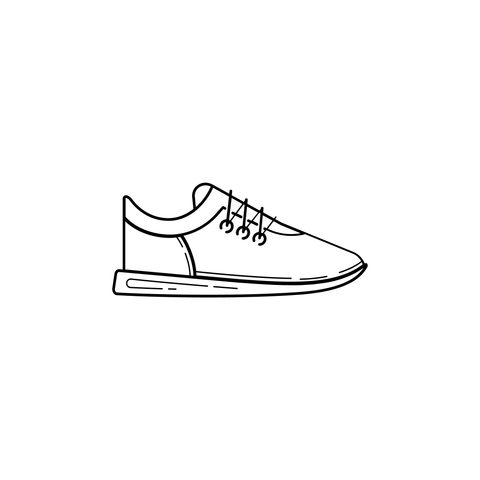Article: Diet - what is important to consider?

Diet - what is important to consider?
Knowing what food your dog should eat and which variety is the best is not easy. Today there are over 630 varieties to choose from for our dogs. This gives us dog owners a greater responsibility to be critical of the source and have an understanding of what a dog needs and does not.
Looking at a dog's teeth gives the first insight into what a dog's body is designed to eat. Dogs have pointed teeth, which means they are carnivores (meat eaters). If they were herbivores (plant eaters), they would have flat teeth like cows or giraffes.
In summary, there are 3 nutrients the dog needs:
- Protein – The good thing to know about protein is that the dog's body has an easier time handling animal protein (meat, poultry or fish) than it can handle vegetable protein like soy or peas.
- Fat – In addition to protecting organs and lubricating your dog’s joints, it is also the best source of energy. It provides more than twice as much energy as carbohydrates.
- Carbohydrates – Too many carbohydrates in the food such as wheat, rice or other grains cause uneven blood sugar levels which can manifest as stress in behavior but also increase the risk of inflammation leading to allergies, rashes and itching. That is why I often recommend a grain-free diet.
- What is the main ingredient?
- How clear is the list?
- What ingredients are included and how much of each?
- What nutrition does the feed provide?
- What are you paying for? – Grain or meat?
- Race
- Age
- Activity level
- Health/illness
































